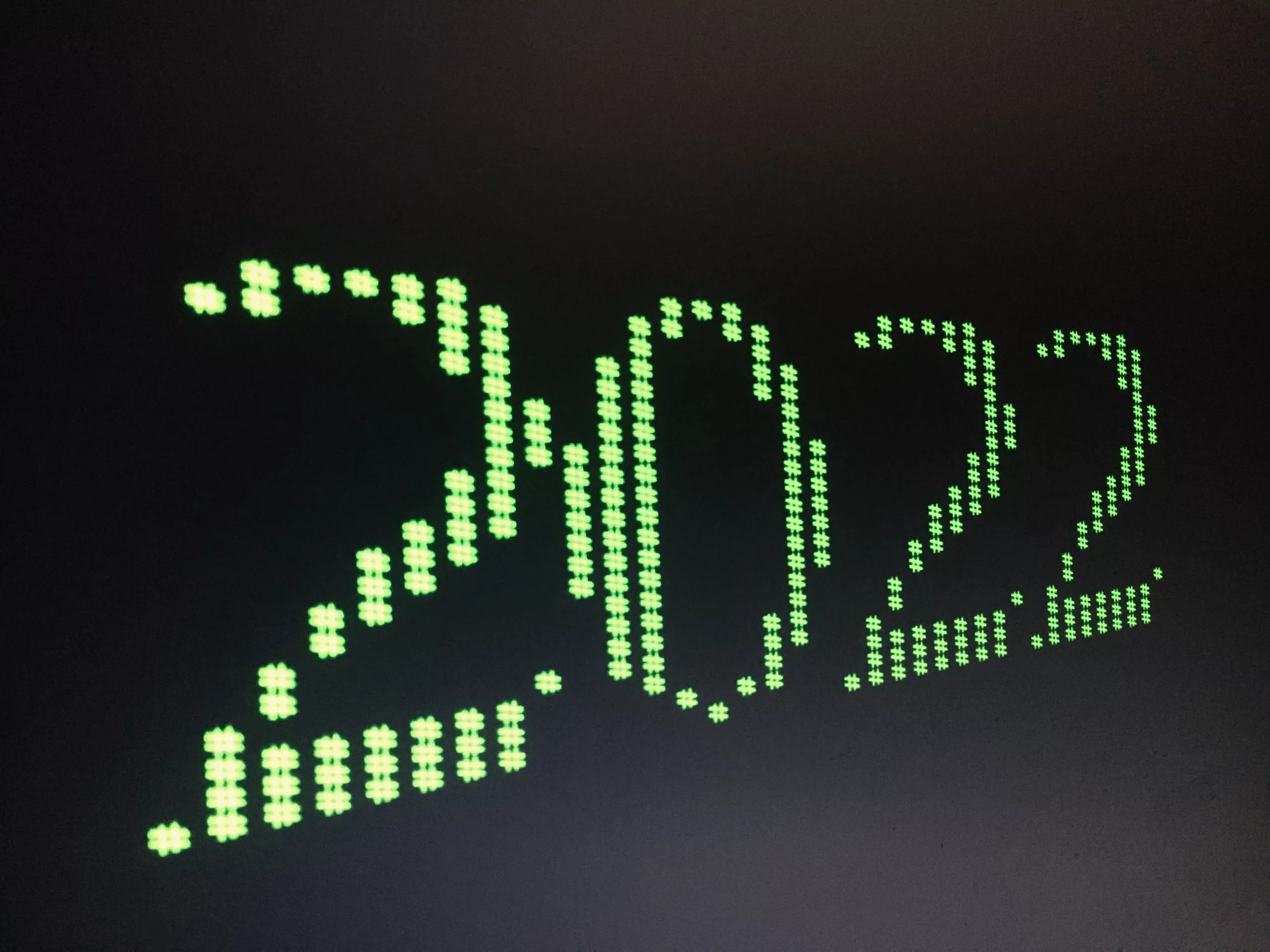Before we say goodbye to 2021, let’s take a look back!
2021 was an action-packed year for e-commerce, with all things digital receiving a real boost. In Europe, e-commerce sales accounted for €843 billion, up 11% on 2020*.
There was an even more marked increase for marketplaces: +16% in 2018, +14% in 2019 and +27%(!) in 2020. Marketplace turnover has exploded as a result of the pandemic, as Fevad (the French Federation of E-Commerce and Distance Selling) pointed out in August**.
The marketplace model has become increasingly widespread in both B2C and B2B. Why? Because professionals have switched to using the web too: 34% believe that the pandemic has encouraged them to order more online and 70% say that they will continue to do (Fevad).
The marketplace has become almost indispensable for all companies: SMEs, intermediate-sized enterprises, major groups. Gartner estimates that 75% of B2B purchases will be made via a marketplace by 2022.
2021 was more than just “Covid + 1”.
It was a year in which differentiation has been key: faced with this explosion in supply, it has become vital to stand out, often by adding services. Chat and video conferencing have become popular tools for customer relations.
2021 also put “the cloud at the heart of things”, as the French government announced in May. Any new project in the French public sector must now be designed for the cloud.
It was a year in which augmented reality could no longer be ignored: Mark Zuckerberg announced a planned launch of a parallel (and 100% virtual) world. A few weeks earlier, Snapchat said that it wanted to become the first augmented reality marketplace.
2021 also saw increased consumer demand for local and green products. Second-hand commerce (sometimes called recommerce) expanded, starting online, of course.
The boom in circular economy marketplaces is proof of this; in France, for example, the second-hand digital platform Label Emmaüs turned five this year.
This online marketplace is an extension of Emmaüs’ bricks-and-mortar charity shops and is therefore available to all French shoppers. But that’s not all: having created Label Ecole to provide e-commerce training for people who have struggled to find jobs, the team has come up with trëmma.co, a “charitable Vinted” – each sale finances a committed project. The next step is to open regional logistics platforms.
Lastly, new European rules have also had an effect with changes to e-commerce VAT entering into force on July 1. The marketplace becomes the “presumptive merchant” for VAT purposes and must therefore declare, collect and pay VAT in certain cases, instead of the seller. In addition to its obvious impact on the internal logistics of a marketplace, these new rules are leading operators to rethink their pricing strategy.
